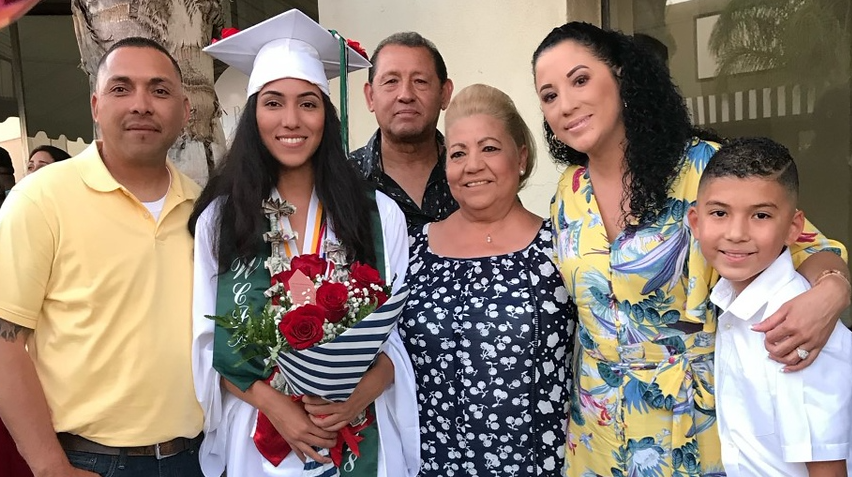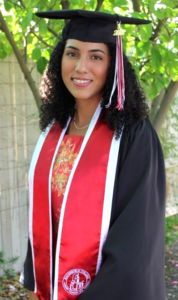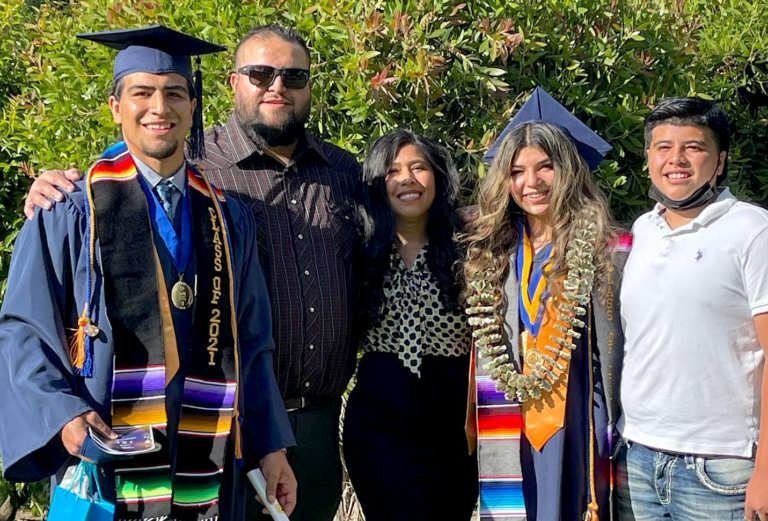CVHEC BLOG: ‘WHAT THE CV-HEC IS HAPPENING’ (Dec. 2021)
[vc_row][vc_column][vc_column_text]The opening panel discussion at the CVHEC/UC Merced Transfer Project convening Nov. 4 in Merced included Shirley Asher, Jennifer Johnson, Karissa Morehouse, Sonya Christian, Gregg Camfield and Chenoa Woods.
The beat – serving student success – goes on!
An inside look at the CVHEC/UC Merced Transfer Pathways Initiative and Mapper
By Tom Burke
CVHEC Transfer Project Coordinator
(Photo Gallery below)
In June, when I stepped down as chancellor of the Kern Community College District, many thought I would embark on the typical “retirement” life of fishing, hunting, traveling and just resting after a 40-year career.
 While I did enjoy some of that, I also soon found myself right back in the saddle in a “new” role with KCCD as Deputy Chancellor and as a coordinator with the Central Valley Higher Education Consortium. So for those of you wondering: no I’m not officially “retired!”
While I did enjoy some of that, I also soon found myself right back in the saddle in a “new” role with KCCD as Deputy Chancellor and as a coordinator with the Central Valley Higher Education Consortium. So for those of you wondering: no I’m not officially “retired!”
Rather I am happy to report that the past few months have been quite a rewarding whirlwind as I plunged headlong into a new “assignment” as coordinator of CVHEC’s Transfer Project with the intent to enhance what has been my life’s work: serving students in general and in this case specifically, helping build effective pathways to our community colleges for a smoother, efficient transfer experience.
To that end, these past 45 days alone have seen the fruition of two great milestones.
First was the public celebration of the completion of Phase I of a joint program, the CVHEC/UC Merced Transfer Pathways Initiative, at a convening Nov. 4 on the UCM campus with community college partners Bakersfield and Merced Colleges. Secondly, at that historic event, we also launched Phase II of this project that includes the participation of four more CVHEC member institutions: Porterville College, Reedley College, Clovis College and West Hills College-Lemoore.
Revolutionizing Positive Outcomes
The Transfer Pathways Initiative is the result of a $500,000 grant from the California Educational Learning Lab to Bakersfield College, Merced College and UC Merced for the development of 2+2 transfer maps that streamline and guide the transfer of community college students to the University of California system.
Last month’s convening, “Charting Better Maps to Degrees – Developing Transfer Pathways to UC Merced,” demonstrated how we can revolutionize positive outcomes across enrollment, completions and equity for students while emphasizing UC Merced’s commitment to significantly expanding transfer pathways for community college students within the San Joaquin Valley to UC Merced.
With about 172 participants representing all three segments of higher education, the hybrid convening itself was a hallmark of sorts being the first major gathering convened by CVHEC and its partners since the pandemic shut down the world in March 2020. The energy from seeing and hearing our colleagues in the flesh was very evident throughout the six-hour event that was also presented virtually via Zoom (130 virtual and 42 in person).
CVHEC member community colleges were well represented at the convening where we discussed how in Phase 1, our partner teams completed 14 Transfer Pathways from Merced College and Bakersfield College to UC Merced as well as Transfer Pathway work with California State University, Bakersfield.
The convening also further introduced interested colleges to the Pathway Mapper software program, particularly its ability to enhance the student transfer experience as well as early student success results from institutions utilizing the Pathway Mapper. Participants also received information on future Program Mapper software enhancements that are scheduled.
The topics of four breakout sessions portrayed the breadth and depth of our mission:
- The Tech Behind Program Pathways Mapper
- Student Impact of Program Pathways Mapper – On-path Percentage, Student Engagement
- Getting Started with Program Pathways Mapper: Cleaning and Loading Your Curriculum
- The Technology of Collaboration – How to set up effective intersegmental discipline faculty teams and develop 2+2 transfer Documentation of process and guidelines.
Implementation teams of faculty, staff working hand-in-hand
The second great milestone is the launch of Phase II which actually got its start in the summer when a convening of representatives from all 15 CVHEC community colleges included an update presentation on the aforementioned Phase I completion of the 14 Transfer Pathways from Merced and Bakersfield Colleges to UC Merced.
At that June 16 convening, significant interest was expressed for participation in Phase II project implementation so in the early fall CVHEC reached out to interested member community colleges with a call to form and submit their implementation teams.
The four Phase II community colleges mentioned above — Porterville, Reedley, Clovis and West Hills-Lemoore — established teams and scheduled convenings to commence the development of curriculum transfer pathways to UC Merced. They will now be individually convening in the next four months with the first held Dec. 2-3 at Porterville College.
That recent convening was my first as a coordinator and I was impressed with the commitment and excitement by the Porterville College, faculty, staff and administrators to develop nine transfer pathways directly to UC Merced including a new pathway in Spanish.
Perhaps the pinnacle of that enthusiasm was to observe, when a potential curriculum issue arose, how UC Merced staff collaborated and interfaced with community college faculty and staff for solutions on the spot. They collectively brainstormed and developed options for resolving the issue.
In particular, the level of commitment by host Porterville College to fulfill this mission for their students was further demonstrated by the active involvement and attendance in the two-day convening by the Vice President of Instruction Thad Russell, Vice President of Student Services Primavera Arvizu and President of the Academic Senate Robert Simpkins. In addition, Porterville College President Dr. Claudia Habib made an appearance at the convening impressing upon faculty and staff the importance of their contributions to this project for their students’ success and thanked them for their work on the pathways.
Equally, I was impressed with the Transfer Project planning team, especially CVHEC colleague Stan Carrizosa, a former College of Sequoias superintendent/president, and James Zimmerman, senior associate vice provost and dean for Undergraduate Education at UC Merced.
We hope this level of partnership by all parties will be emulated by all our members, which I am convinced will only lead to a great reward: positive outcomes across enrollment, completions and equity for students.
And that will clearly make for happier fishing, hunting and traveling days along the way (when I can squeeze them in)!
Happy Holidays to all!
See UC Merced press release: https://news.ucmerced.edu/news/2021/uc-merced-offer-simpler-transfer-pathway-central-valley-community-college-students
See Merced Sun Star story: UC Merced announces partnership to encourage Valley community college student transfers

Dr. Benjamín Durán, CVHEC executive director; Dr. Sonya Christian, Kern Community College District chancellor; Lark Park, director of the California Education Learning Lab; and Dr. Juan Sánchez Muñoz, UC Merced chancellor.
[/vc_column_text][/vc_column][/vc_row][vc_row][vc_column][vc_images_carousel images=”6150,6118,6120,6119,6184,6171,6164,6162,6161,6147,6148,6149,6151,6144,6142,6141,6096,6140,6107,6170,6139,6138,6136,6135,6121,6122,6126,6127,6130,6131,6132,6133,6110,6109,6108,6143,6059″ img_size=”large” autoplay=”yes” title=”Gallery: CVHEC/UC Merced Transfer Pathways Initiative — UC Merced campus Nov. 4″][/vc_column][/vc_row]










